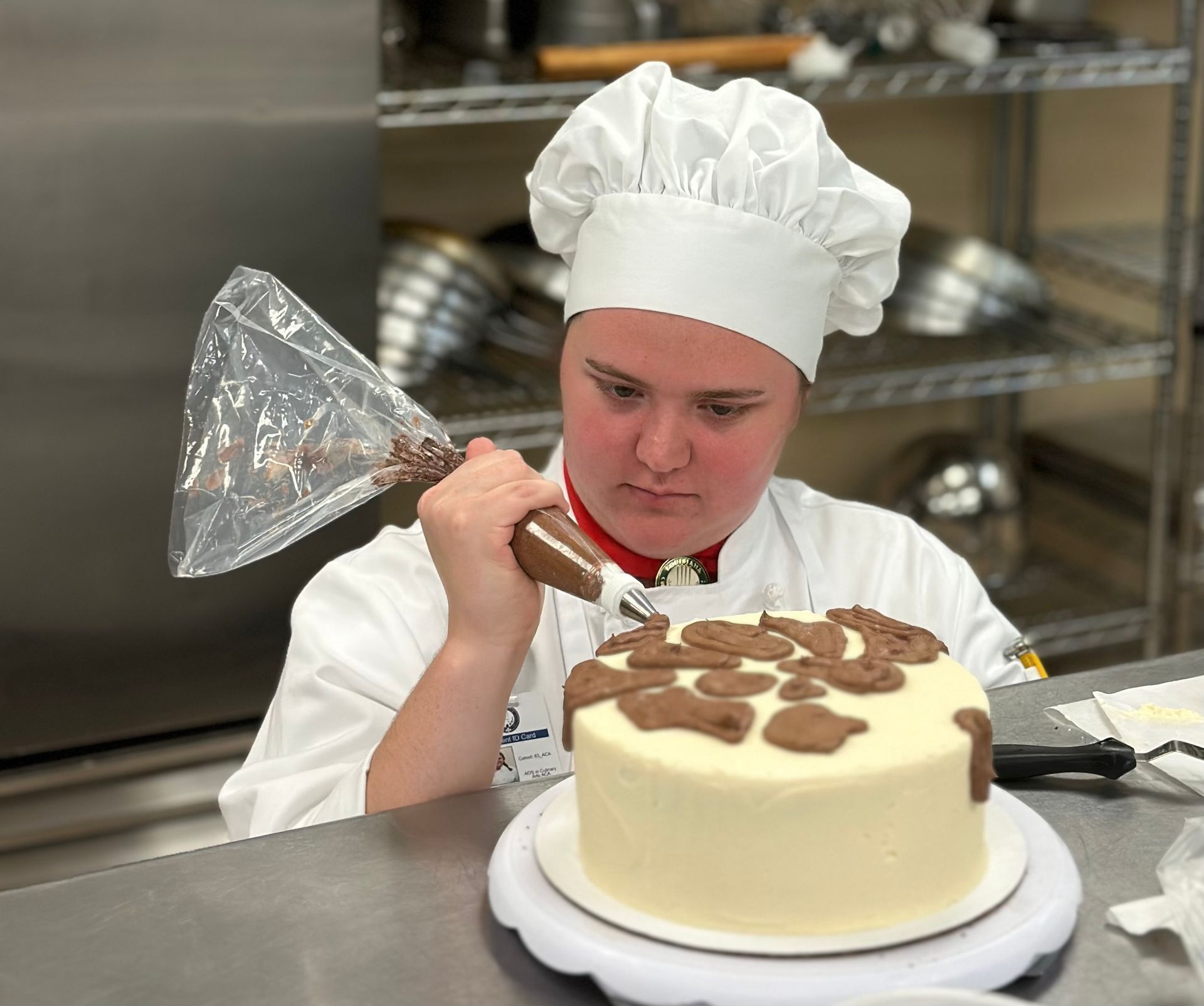10 Reasons Employers Prefer Culinary School Graduates
In today’s fast-paced culinary industry, employers look for candidates who can seamlessly integrate into professional kitchens while maintaining high standards of skill, efficiency, and creativity. Culinary school graduates bring a competitive edge to the table, making them highly desirable hires. Here’s why:
1. Master Essential Culinary Techniques
Culinary school provides structured training in essential cooking techniques, such as knife skills, sautéing, baking, and plating. Graduates master the science and precision behind these methods, ensuring consistency in food preparation and execution, which is critical in professional kitchens where quality and presentation must remain uniform.
2. Navigate Kitchen Hierarchy and Operations
The kitchen operates like a well-oiled machine, with clear roles and responsibilities under the brigade system. Culinary school graduates are trained to work within this structure, understanding the importance of communication, teamwork, and respect for authority. Their familiarity with the chain of command helps them integrate quickly into restaurant operations, reducing the time needed for training.
3. Learn Food Safety and Sanitation Best Practices
Maintaining a clean and organized kitchen is crucial for food safety and efficiency. Culinary programs drill proper sanitation practices into students from day one, teaching them about cross-contamination, food storage, and hygiene protocols. Graduates enter the workforce with a strong awareness of how to maintain a safe and orderly kitchen workspace, minimizing health risks and ensuring compliance with regulations.
4. Gain Hands-On Experience with Global Cuisines
One of the biggest advantages of attending culinary school is exposure to a wide range of global cuisines, cooking techniques, and ingredient pairings. Students experiment with French, Italian, Asian, and other international culinary styles, allowing them to develop versatility. This exposure makes them valuable in diverse kitchen environments, as they can adapt their skills to different menus and trends.
5. Train with Professional-Grade Kitchen Equipment
From high-powered commercial ovens to sous vide machines and industrial mixers, culinary school students receive practical, hands-on training, learning to handle the same equipment used in top-tier kitchens. This experience means they require less training when transitioning into a restaurant, making them more efficient from day one.
6. Build Strong Time Management Skills
Culinary school mimics the high-pressure environment of a professional kitchen, where timing is everything. Students learn to prepare multiple dishes simultaneously while maintaining efficiency and quality. This training prepares them for the fast-paced nature of restaurant service, where they must juggle several orders at once, work under tight deadlines, and remain composed under pressure.
7. Demonstrate Dedication with a Formal Culinary Education
Pursuing a formal culinary education demonstrates a strong commitment to the field. Employers recognize that culinary school graduates have invested time, money, and effort into their training, which speaks to their dedication. This commitment often translates into a stronger work ethic and a long-term career mindset, reducing turnover rates for employers seeking reliable team members.
8. Improve Your Cooking with Real-Time Instructor Feedback
In culinary school, students receive frequent critiques from instructors, helping them develop the ability to take constructive feedback and make immediate improvements. This skill is essential in professional kitchens, where chefs demand precision and consistency.
9. Access Exclusive Culinary Networking and Job Opportunities
Culinary schools often provide students with networking opportunities, including internships, guest lectures, and industry partnerships. Many programs have relationships with restaurants, catering companies, and hospitality businesses, helping graduates secure job placements. These connections can be invaluable in launching a culinary career and gaining access to exclusive opportunities within the industry.
10. Develop Creativity to Innovate in the Culinary Industry
Culinary schools encourage students to experiment and push culinary boundaries. By understanding flavor pairings, plating techniques, and modern trends, graduates bring fresh ideas to restaurant menus. Employers value chefs who can contribute to menu development, create unique dishes, and help a restaurant stay ahead of the competition.
Culinary school graduates enter the workforce with a well-rounded skill set, professional discipline, and a deep understanding of kitchen operations. Their technical expertise, efficiency, and ability to adapt make them valuable assets in any food service establishment.
If you're serious about launching a successful career in the culinary industry, investing in a culinary education could be the key to unlocking your potential and standing out to top employers. Ready to take the next step? Explore the programs available at LCI today!


